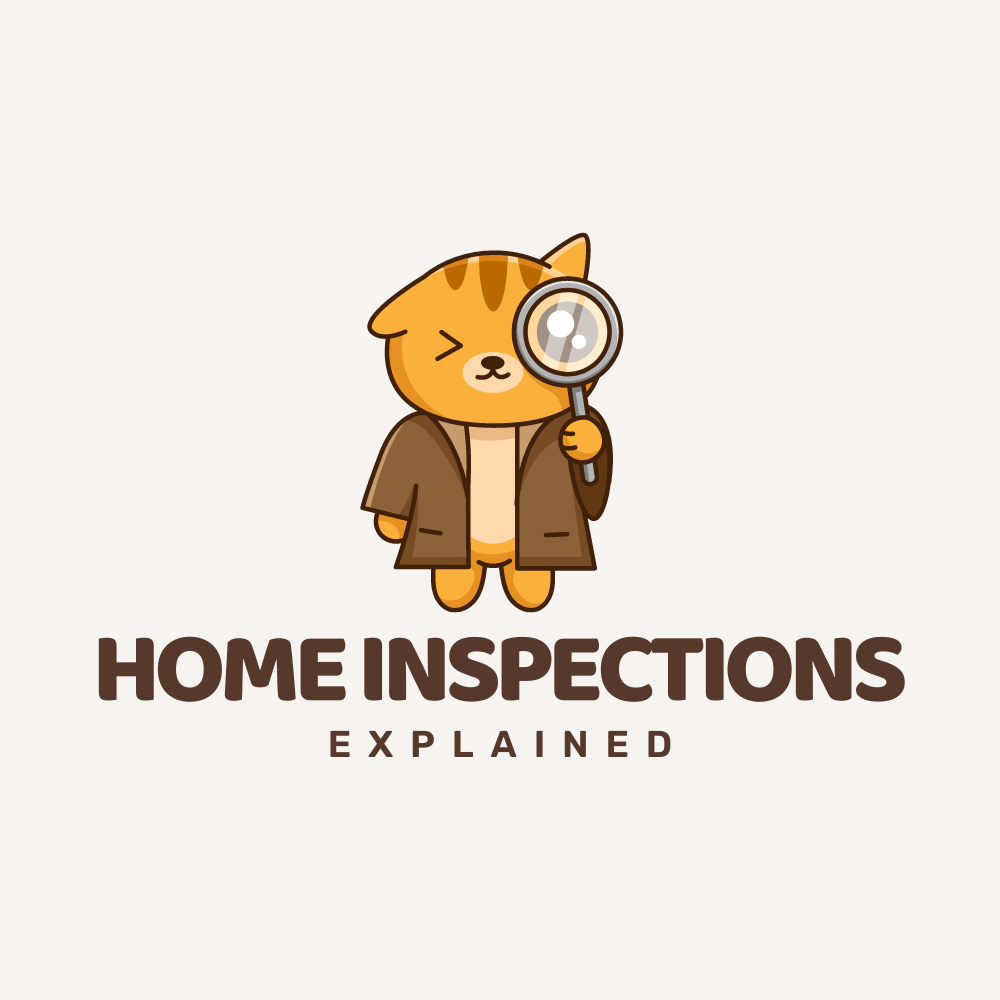Understanding Home Inspections in Real Estate
The world of real estate is a bustling industry. Every decision can significantly impact your financial future. A home inspection stands as a crucial step in the buying process.
Imagine this: You’ve found what seems to be your dream home. The location is perfect, the price is right, and the house looks stunning. But beneath that charming facade could lie hidden issues that might turn your dream into a costly nightmare. This is where a home inspection comes into play.
What is a Home Inspection?
A home inspection is a thorough look at a property’s condition, typically conducted by a certified professional. This process is designed to identify any potential problems or defects in the home before the sale is finalized. The inspector examines various components of the house, including the foundation, roof, electrical systems, plumbing, and more. The goal is to provide the buyer with a detailed report on the property’s condition. Specifically highlighting any areas that may require repairs or further investigation.
The Importance of a Home Inspection
- Uncover Hidden Issues: A home inspection can reveal problems that are not immediately visible to the untrained eye. For instance, there might be structural issues, faulty wiring, or plumbing leaks that could lead to significant expenses down the line.
- Negotiation Leverage: As a result of the information from the inspection report in hand, buyers can negotiate with the seller to either lower the purchase price or request repairs. This can save thousands of dollars and prevent future headaches.
- Peace of Mind: After all, doesn’t knowing the true condition of the property provide peace of mind? Buyers can proceed with confidence, fully aware of what they are getting into. At the same time, they can decide to walk away from a potentially problematic purchase.
- Safety Assurance: Ensuring that the home is safe for you and your family is what matters most. An inspection can identify safety hazards such as mold, radon, or carbon monoxide. Risks that need to be addressed.
The Home Inspection Process
The process typically begins once an offer has been accepted. The buyer hires a licensed home inspector to conduct the evaluation, which usually takes a few hours. During this time, the inspector will:
- Examine the exterior and interior of the home.
- Check the roof, attic, and insulation.
- Test the HVAC system.
- Inspect plumbing and electrical systems.
- Assess the foundation and structural components.
- After the inspection, the buyer receives a detailed report outlining the findings, including photographs and recommendations for any necessary repairs or further assessments.
Caution!
- You have until the end of the inspection period or until you sign off on it to get your earnest money back. After that, you are 97% on the hook. You are in the spaceship, and the rockets have fired.
- DO NOT SHARE YOUR INSPECTION WITH THE SELLERS UNLESS ASKED FOR IN WRITING. This is for the State of Washington however it could exist in other states. I could go into the “why” it is this way if you want to message me and ask. Most people however won’t care. The point is, if you share the inspection report with the sellers without them asking, it could nullify your inspection contingency. That means, you don’t get to negotiate PLUS the rocket is taking off.
Conclusion
In the narrative of buying a home, a home inspection is a pivotal chapter that should not be skipped. It equips buyers with essential knowledge, enabling them to make informed decisions and avoid costly surprises. As you embark on your real estate journey, remember the adage: “An ounce of prevention is worth a pound of cure.” Investing in a home inspection is a wise step toward securing your future in your new home.


 Facebook
Facebook
 X
X
 Pinterest
Pinterest
 Copy Link
Copy Link
